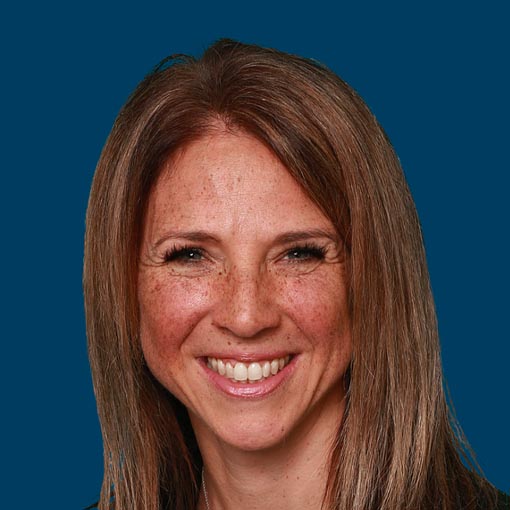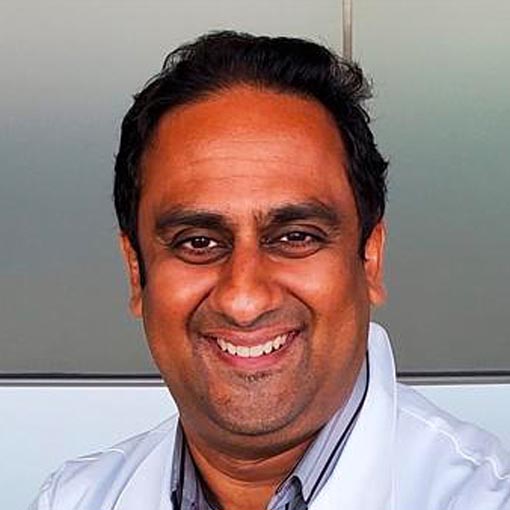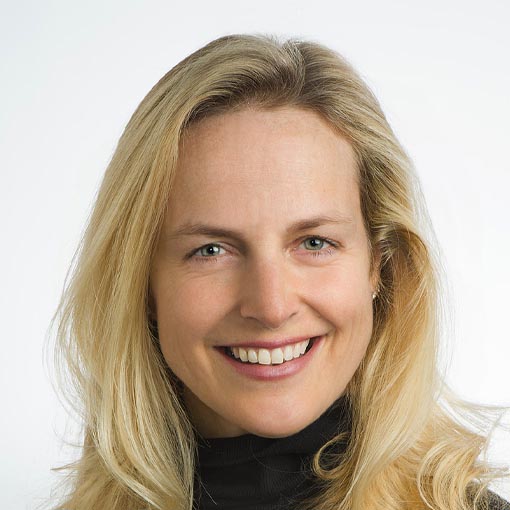Untapped potential: Integrating MRD testing to track diffuse large B-cell lymphoma in clinical trials and in the clinic
Diffuse large B-cell lymphoma (DLBCL) is the most common form of non-Hodgkin’s lymphoma. While first-line therapy cures approximately 60% of patients, the remaining 40% fail to respond or relapse after initial response. Tara Graff, D.O., a medical oncologist at Mission Cancer + Blood, and Nirav Shah, M.D., an associate professor and hematologist/medical oncologist at the Medical College of Wisconsin, will discuss with Adaptive Biotechnologies’ Allison Jacob, M.S., vice president of medical affairs, the potential of using the right monitoring strategy to improve clinical trials and patient care for those with DLBCL.
Additionally, Graff and Shah will share their perspectives on important issues facing drug developers and clinicians, including:
- Unmet needs in DLBCL treatment and monitoring
- Advantages and disadvantages of current approaches to monitoring DLBCL in the clinic and in clinical trials
- Benefits of supplementing imaging with minimal residual disease (MRD) tracking to provide physicians with additional data for clinical decision-making
- Potential impacts, particularly for drug developers, of an earlier read on depth and duration of response using MRD
- What’s next in treating and monitoring patients with DLBCL





